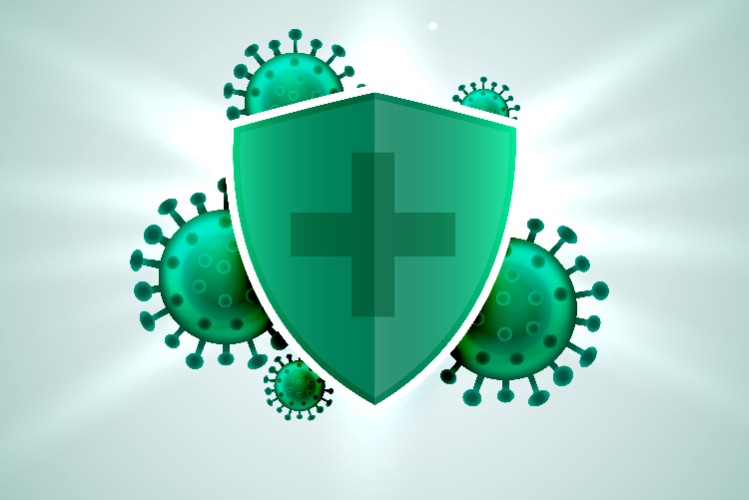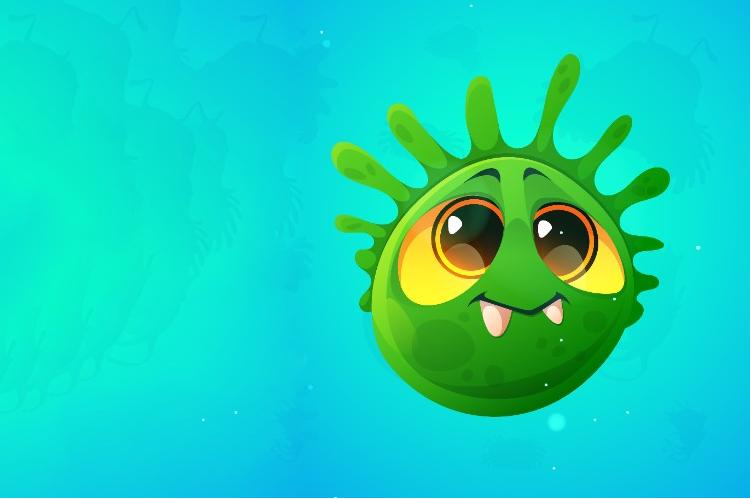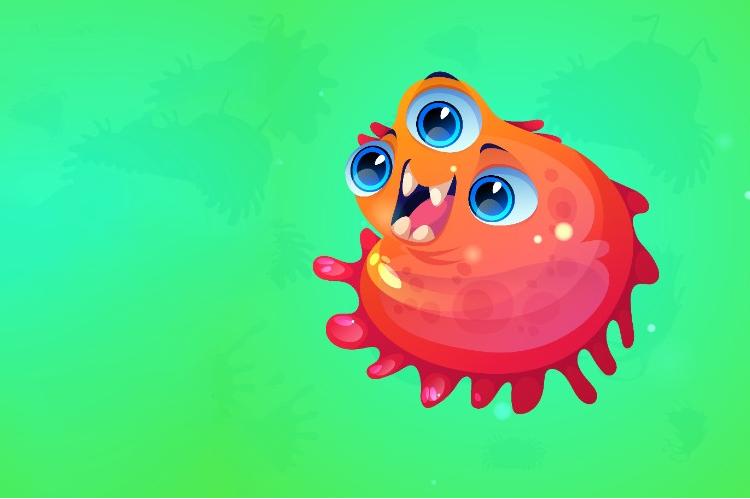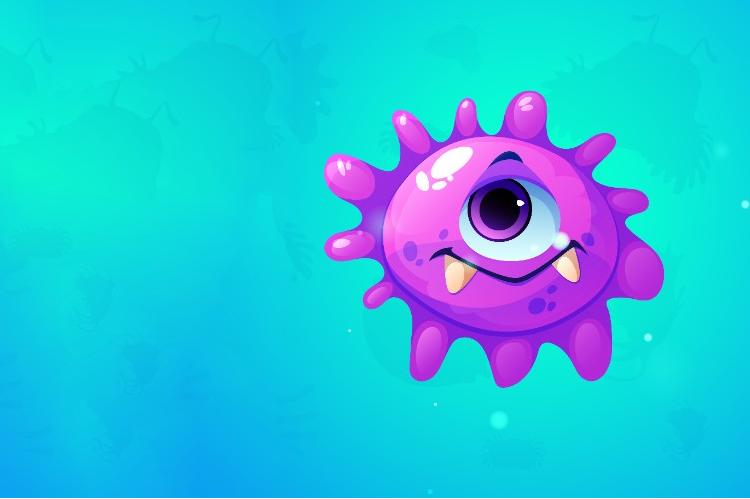Does Hypochlorous Acid Kill Good Bacteria?
At Shandong Shine Health Co., Ltd., we comprehend the significance of keeping both our setting and our bodies risk-free and clean. Among the most reliable representatives for attaining this is Hypochlorous Acid (HOCl). Yet as reliable as it is in eliminating hazardous virus, an usual worry emerges: Does Hypochlorous Acid eliminate good bacteria also?
In this short article, we will certainly explore how HOCl works and why it's generally taken into consideration risk-free for the valuable bacteria in our microbiome.
What is Hypochlorous Acid?
Hypochlorous Acid is a powerful, natural disinfectant developed when chlorine dissolves in water. It's very efficient at eliminating a variety of unsafe bacteria, viruses, and virus. Its natural development in the body as part of the immune action makes it unique compared to other disinfectants like salt hypochlorite.

Exactly How Does Hypochlorous Acid Kill Pathogens?
HOCl targets virus by striking their cell walls and cytoplasm. It reacts with healthy protein sulfhydryl teams to suspend crucial proteins that are essential for microorganisms to work. It can additionally break down proteins through chloramine formation, which creates extreme damages to the virus's structure.
On top of that, HOCl interrupts the oxidation of glucose, which bacteria and viruses rely on for energy. By starving microorganisms of crucial nutrients, it makes them incapable of growing and increasing.

Why Doesn't Hypochlorous Acid Harm Good Bacteria?
A major problem concerning HOCl is its effect on good bacteria in our bodies. However, most valuable bacteria have a different framework than damaging bacteria. Right here's why HOCl normally doesn't damage good bacteria:
Neutral Charge of HOCl
Unlike various other anti-bacterials like salt hypochlorite or hydrogen peroxide, which bring a negative charge, HOCl is neutral. Many harmful bacteria have a negative charge on their cell membrane layers, making them more at risk to negatively billed materials. Due to the fact that HOCl is neutral, it can permeate the microbial wall surface of unsafe pathogens a lot more easily while usually having a marginal result on good bacteria.
Fending Off Negative-Charged Antimicrobials
Lots of unsafe bacteria bring an unfavorable fee and hence drive away antimicrobials like salt hypochlorite or peroxide. HOCl, nevertheless, being neutral, can connect to and infiltrate the microbial cell wall more effectively, making it a much more targeted anti-bacterial.
Defense in Saliva
Research indicates that HOCl preserves excellent efficiency also in the visibility of saliva. This is substantial for oral health, as saliva can shut off many various other anti-bacterials. As a matter of fact, HOCl has revealed exceptional efficiency versus oral pathogens such as Fusobacterium nucleatum, Streptococcus mutans, and Porphyromonas gingivalis-- every one of which are frequently located in the mouth. Yet it leaves useful bacteria unscathed.

Can HOCl Be Used in the Oral Microbiome?
Yes, absolutely. Actually, one of the most promising uses Hypochlorous Acid remains in dental treatment. The mouth is home to a delicate equilibrium of great and negative bacteria, and disrupting this balance can lead to oral health and wellness problems like gingivitis, dental caries, and bad breath. HOCl is a gentle yet efficient remedy, as it targets harmful bacteria without disrupting the useful ones.
HOCl has actually been shown to be efficient versus unsafe bacteria in the mouth, also in the visibility of saliva, which deactivates lots of other anti-bacterials. This makes it a suitable selection for dental health items such as mouthwash or dental sprays.
The Role of HOCl in Skin Care
While the focus below gets on the microbiome, it's also worth keeping in mind that HOCl is safe for skin. It aids cleanse the skin by eliminating damaging bacteria that can cause acne or irritation. Due to the fact that it's a neutral molecule, it does not interfere with the skin's all-natural obstacle or microbiome, which is important for total skin health.
Why Is Hypochlorous Acid Safe permanently Bacteria?
Currently, allow's dig much deeper into why HOCl does not damage the good bacteria in our bodies:
Careful Reactivity
HOCl responds more boldy with harmful bacteria due to their details architectural vulnerabilities. It targets sulfur-containing healthy proteins and lipids in the cell membranes of pathogens, which are bountiful in hazardous bacteria yet less common in beneficial ones.
Focus Control
The concentration of HOCl is important. When utilized appropriately, such as in food-grade or skin-safe formulations, HOCl can clean and disinfect without adversely influencing the body's all-natural vegetation. We advise always complying with the suggested focus levels for secure and effective use.
Microbiome-Friendly
Studies suggest that HOCl's effects on the microbiome, including the oral and skin microbiomes, are marginal when utilized correctly. While it targets microorganisms, it does not wipe out the diversity of good bacteria that our bodies rely upon. This selective activity is what makes HOCl so effective in wellness and health applications.

Can Hypochlorous Acid Be Used as a Daily Disinfectant?
Yes, HOCl can be used everyday to disinfect surface areas, clean wounds, and even maintain oral hygiene. It's safe, doesn't create harm to healthy cells, and does not result in antibiotic resistance, unlike traditional anti-bacterials. This makes it an excellent choice for everyday cleansing and health regimens.
Advantages of Using HOCl
Non-toxic and Safe for Daily Use
Preserves Beneficial Bacteria
Reliable Against Harmful Pathogens
Enhances Oral and Skin Health
Minimizes the Risk of Infection
Suitable for Sensitive Areas (like the mouth or skin).
Can HOCl Be Used as an Alternative to Antibiotics?
While HOCl is extremely reliable against numerous virus, it is not a direct replacement for antibiotics. Anti-biotics function by hindering the development of bacteria within the body, whereas HOCl jobs by damaging pathogens on call. HOCl can be made use of as part of a wider health strategy but need to not change clinical treatments when required.
How Does Hypochlorous Acid Compare to Other Disinfectants?
Many disinfectants, such as sodium hypochlorite or hydrogen peroxide, can be harsh and carry an adverse fee, which makes them much less efficient versus hazardous bacteria with similar costs. HOCl, on the other hand, is neutral and can permeate the cell walls of hazardous bacteria more effectively, all while leaving advantageous bacteria unhurt. This makes HOCl a much safer and extra reliable choice in lots of applications.
Conclusion: Is Hypochlorous Acid Safe forever Bacteria?
To conclude, Hypochlorous Acid is very effective at killing dangerous pathogens while being risk-free for advantageous bacteria when used suitably. It's a natural and powerful disinfectant that targets microorganisms uniquely, making sure that your body's microbiome remains intact.
Whether for dental treatment, skin care, or basic disinfecting, HOCl offers a risk-free and efficient solution for preserving wellness and hygiene without endangering the good bacteria that we need.
Remain risk-free and healthy and balanced with HOCl-- the disinfectant that understands just how to play it safe.
References:
